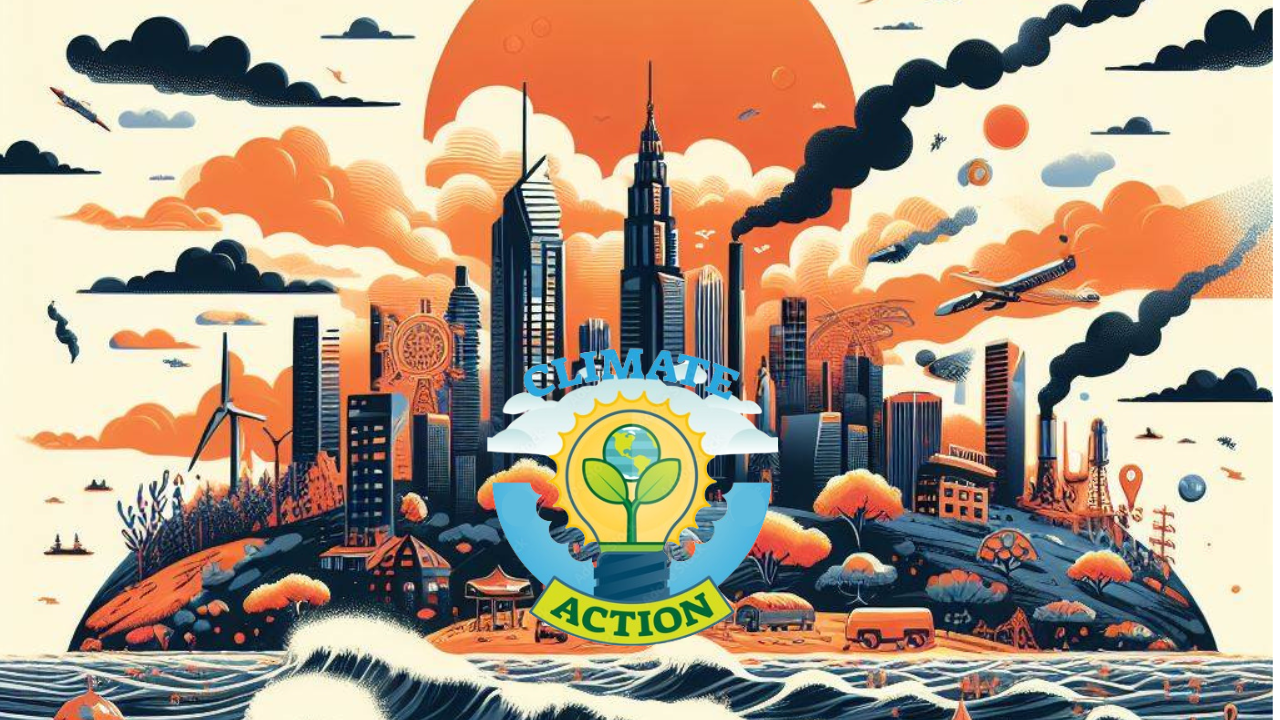Climate Change: A Global Crisis and Our Collective Response

Introduction
Climate change is a pressing global issue that affects every corner of our planet. As temperatures rise, weather patterns shift and sea levels increase, societies worldwide grapple with the impact of this environmental crisis. In this comprehensive article, we delve into the current state of climate change, explore how countries and societies are responding, discuss major changes attributed to climate change, and examine the challenges we face. Let’s also take a closer look at the “doomsday meter” and the progress we’re making to align with climate change goals.
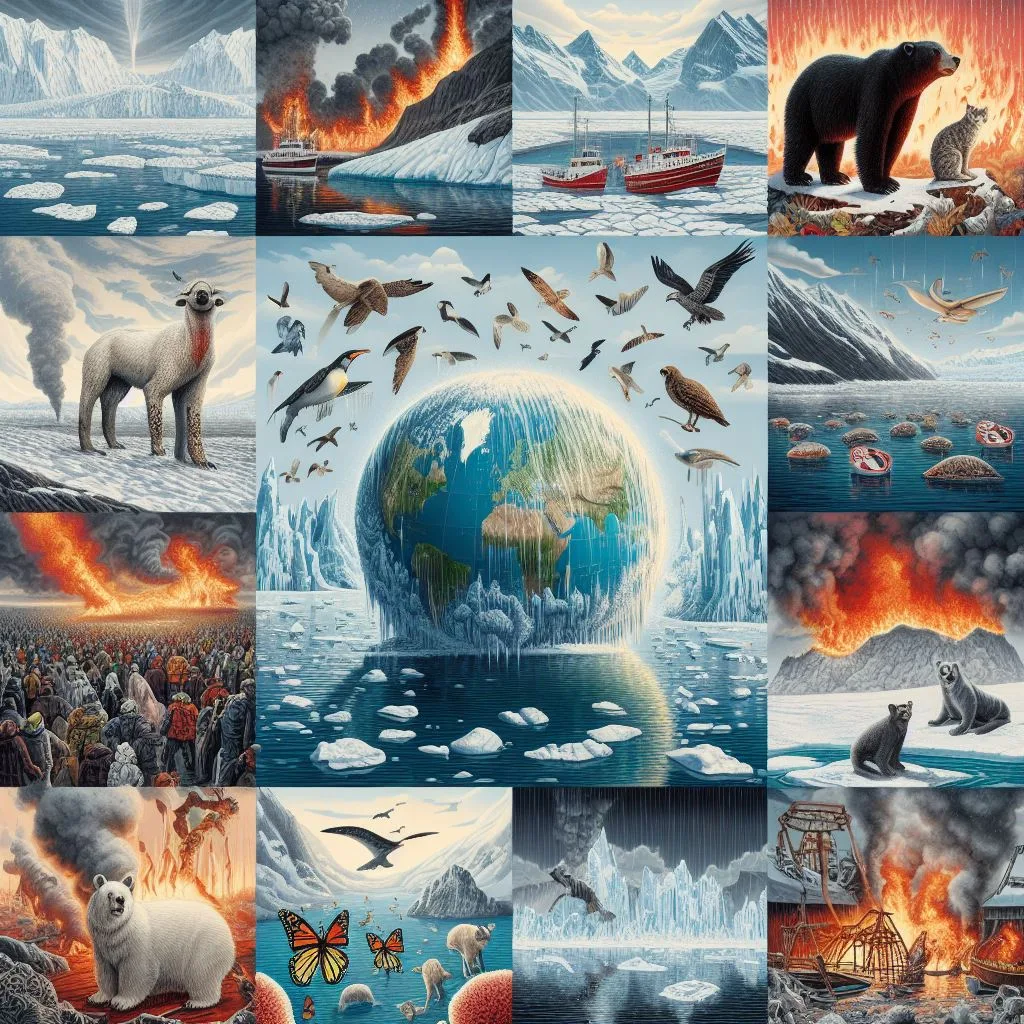
The Science Behind Climate Change
Climate change refers to long-term shifts in average weather patterns, affecting Earth’s local, regional, and global climates. While natural processes play a role, human activities—particularly fossil fuel burning—have significantly contributed to rising greenhouse gas levels in the atmosphere. These gases trap heat, leading to an increase in Earth’s average surface temperature. Since the mid-20th century, human-induced climate change has become increasingly evident, impacting our planet in various ways.
Major Changes Attributed to Climate Change
- Temperature Rise: Global temperatures have consistently reached record highs in recent years. In 2022, Earth’s surface temperature was approximately 0.91 degrees Celsius warmer than the 20th-century average. This warming trend contributes to rising sea levels, melting Arctic ice, and extreme weather events like storms, floods, and droughts.
- Melting Ice and Glaciers: Amplified warming in the Arctic has led to the retreat of glaciers and sea ice. Thawing permafrost releases stored carbon, exacerbating the climate crisis.
- Extreme Weather: Climate change intensifies extreme weather events. Heatwaves, wildfires, hurricanes, and heavy rainfall occur more frequently, impacting ecosystems, infrastructure, and human lives.
- Ocean Acidification: Increased carbon dioxide (CO₂) levels lead to ocean acidification, affecting marine ecosystems and coral reefs.
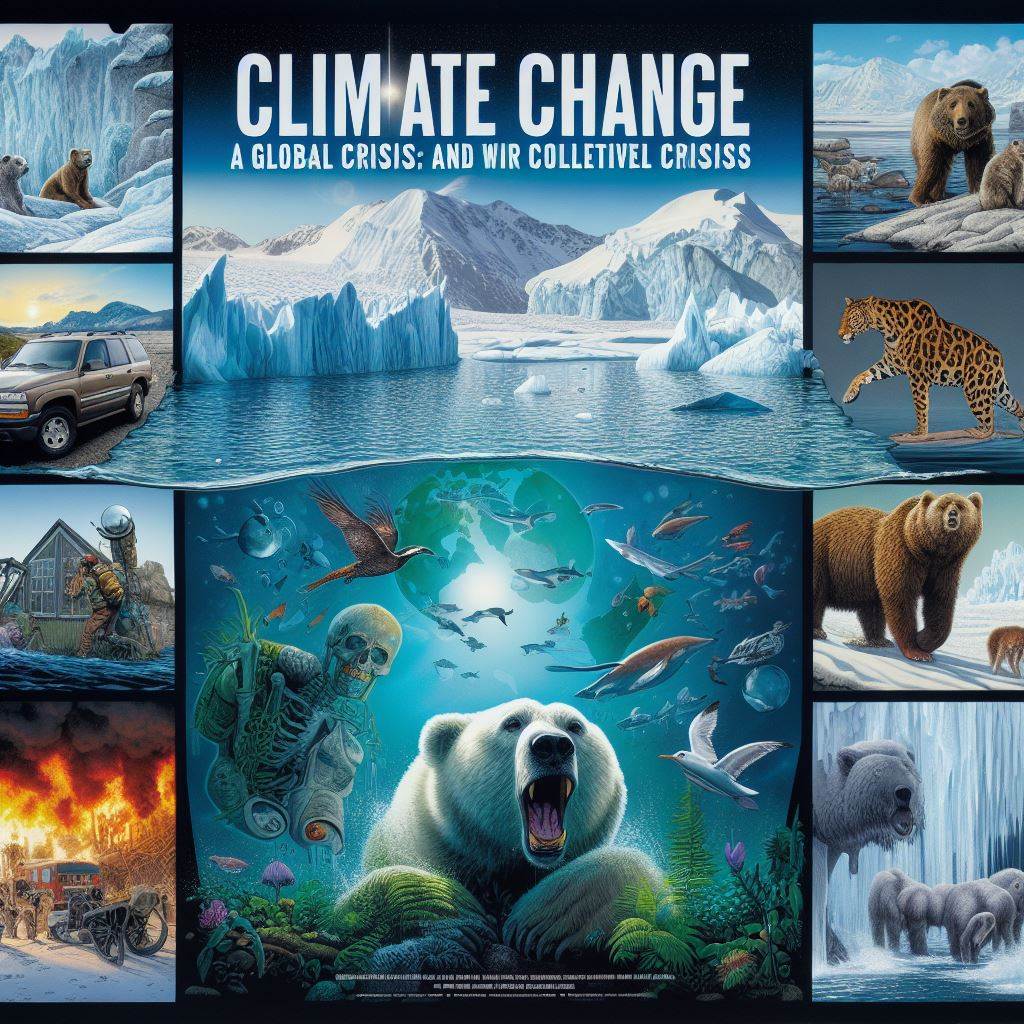
Climate Change and Biodiversity
Climate change is reshaping our world and profoundly affecting the intricate web of life on Earth. Biodiversity—the rich tapestry of species, ecosystems, and genetic diversity—is essential for the planet’s health and resilience. Let’s explore the impacts of climate change on biodiversity and understand why safeguarding both is crucial.
The Effects of Climate Change on Biodiversity
- Habitat Loss: Rising global temperatures lead to habitat loss on both land and sea. Here’s how:
- Melting Polar Ice Caps and Glaciers: As surface ice melts, sea levels rise, encroaching on coastal habitats and the fragile Arctic tundra.
- Changing Rainfall Patterns: Altered weather patterns can lead to “desertification,” where grasslands or shrublands transform into deserts.
- Ocean Acidification: Increased CO₂ concentrations in the oceans cause warmer waters and greater acidity, impacting marine ecosystems and coral reefs. Mass coral bleaching events have already occurred.
- Species Disruption and Extinction:
- Timing of Biological Events: Climate change affects the timing of biological events (phenology). For example, flowering plants bloom earlier, disrupting pollination cycles.
- Range Shifts: Species are moving to higher altitudes or latitudes to find suitable climates. Some may not survive these shifts.
- Increased Disease Spread: Warmer temperatures allow disease vectors (e.g., mosquitoes) to expand their range, affecting wildlife.
- Climate-Driven Extinctions: The Intergovernmental Panel on Climate Change (IPCC) warns that 20-30% of species could face extinction if global mean temperatures rise by 1.5-2.5°C.
- Ecosystem Services at Risk:
- Biodiversity provides critical ecosystem services, such as pollination, nutrient cycling, and carbon sequestration. Climate change disrupts these services, affecting agriculture, water quality, and human well-being.
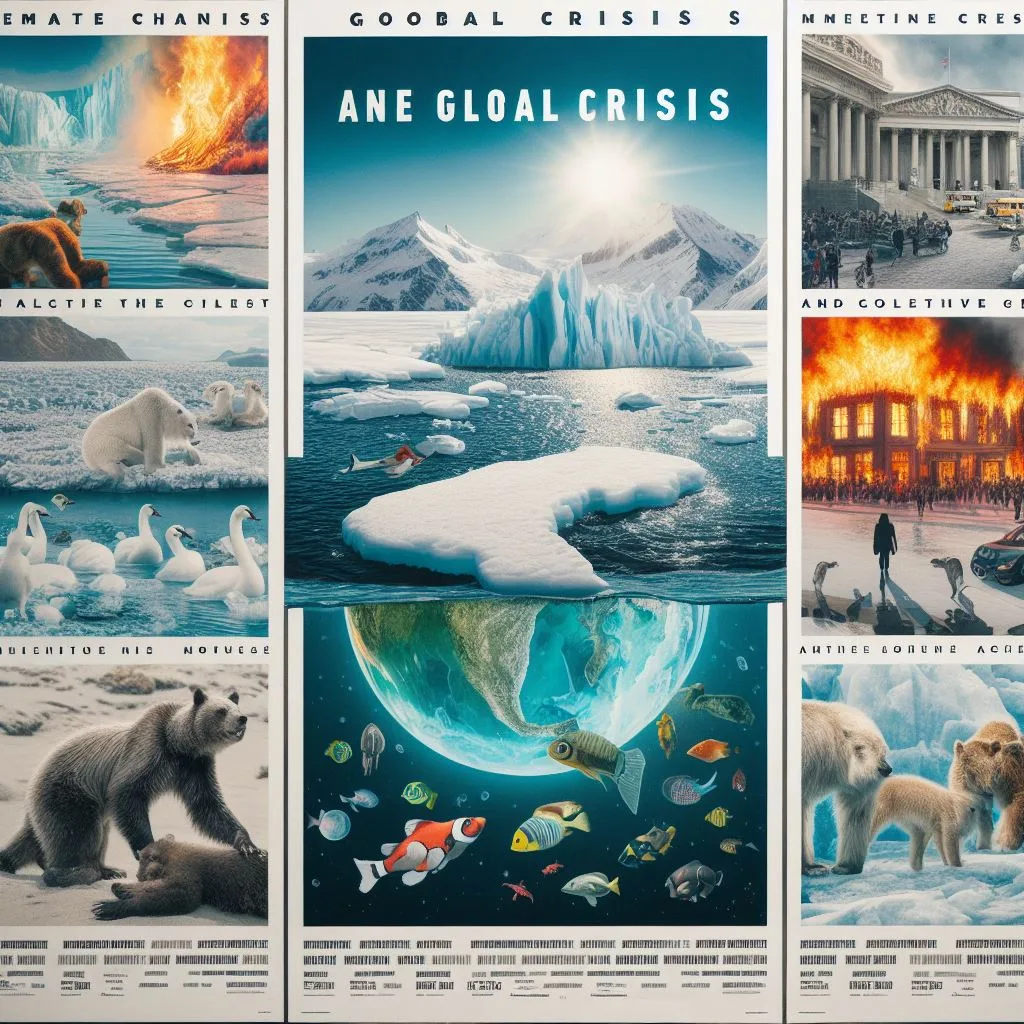
Vulnerable Regions and Urgent Action
- Polar Regions: Climate change disproportionately impacts the poles. Melting Arctic ice affects polar bears, seals, and other species adapted to cold environments.
- Tropical Rainforests: These biodiversity hotspots face deforestation, habitat fragmentation, and altered rainfall patterns.
- Coastal Areas: Rising sea levels threaten coastal ecosystems, including mangroves, seagrass beds, and coral reefs.
Tackling Climate Change and Biodiversity Loss
- Mitigation: Reducing greenhouse gas emissions is essential. Transitioning to renewable energy, protecting forests, and promoting sustainable land use are crucial steps.
- Adaptation: Building resilience in ecosystems and communities is vital. Conserving natural habitats and creating wildlife corridors allow species to adapt.
- Global Cooperation: International agreements like the Paris Agreement aim to limit global warming. Individual actions matter too.
Global Response to Climate Change

The Paris Agreement
In 2015, 195 countries signed the Paris Agreement, a landmark pact for international cooperation in tackling climate change. Key goals include limiting global warming to well below 2°C (preferably 1.5°C) above pre-industrial levels and achieving net zero emissions. Countries submit their Nationally Determined Contributions (NDCs)—voluntary pledges outlining emission reduction strategies. The global stocktake mechanism reviews progress every five years.
Country Commitments
Several countries have committed to reaching net zero emissions by 2050. The UK, Norway, France, and New Zealand are among those legally bound to this goal. However, achieving these targets requires urgent action and systemic changes.
The Doomsday Meter
The Doomsday Clock, maintained by the Bulletin of the Atomic Scientists, symbolizes humanity’s proximity to global catastrophe. It considers nuclear weapons, climate change, and other threats. Due to climate change, the clock remains at 90 seconds to midnight—the closest it has ever been.
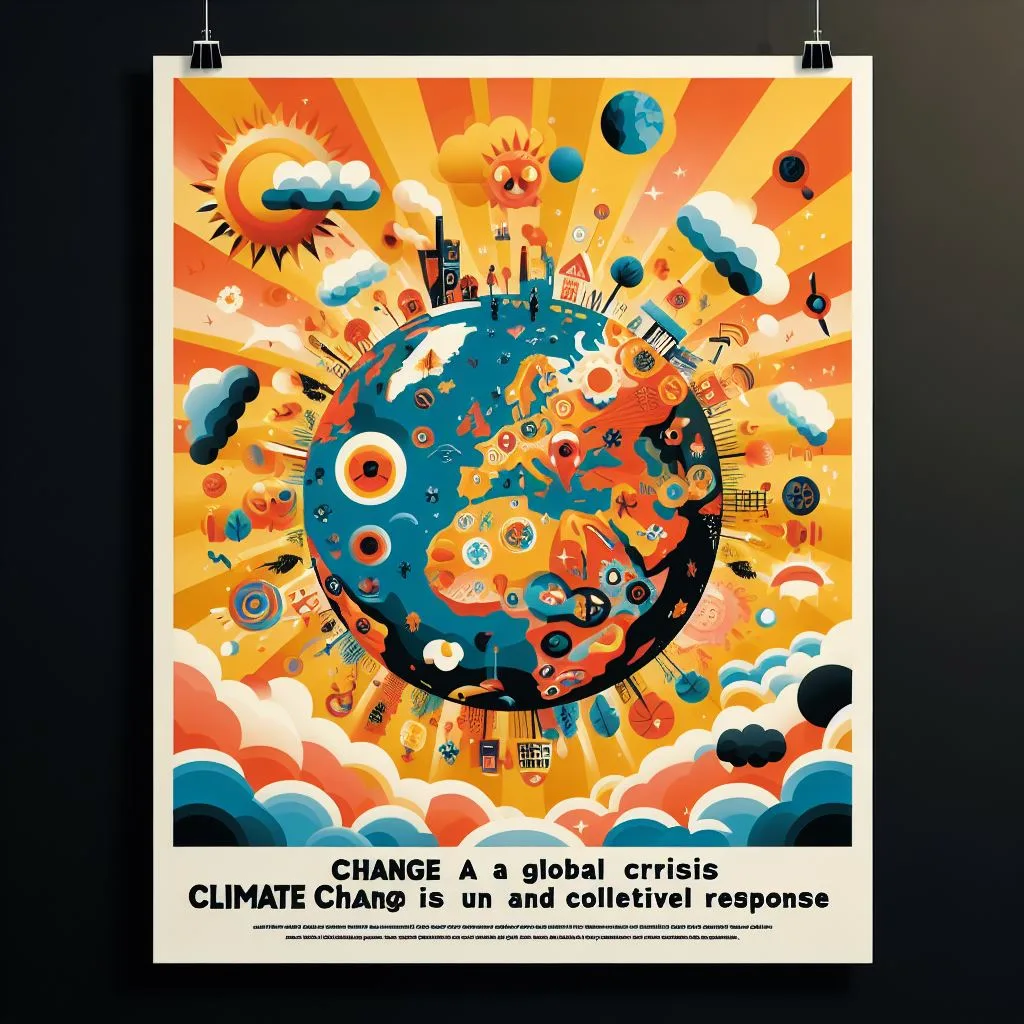
Progress and Challenges
- Renewable Energy: Transitioning to greener energy sources is crucial. Investments in renewable energy reached nearly $500 billion in 2022.
- Policy and Regulation: Countries must enforce climate policies, incentivize sustainable practices, and hold polluters accountable.
- Adaptation and Resilience: Building resilience against climate impacts is essential. Communities need adaptive infrastructure, disaster preparedness, and sustainable land use.
- Global Cooperation: Collaboration among nations, businesses, and individuals is vital. Climate action transcends borders.
Conclusion
Climate change demands urgent action. We must heed the “doomsday meter” and work collectively to mitigate its effects. By embracing renewable energy, implementing policies, and fostering global cooperation, we can safeguard our planet for future generations. The clock is ticking—let’s act in time to secure a safe climate future for all.
More Interesting Articles
China’s Aggression Toward Taiwan: A High-Stakes Showdown
Cosmic Clash: Russia Accuses U.S. of Space Weapon Militarization
Imran Khan’s Legal Showdown: Ex-PM Appears Before Pakistan’s Top Court via Videolink
Slovakia’s Prime Minister Robert Fico Survives Shocking Assassination Attempt
Massive Turnout in Second Phase of Lok Sabha Election 2024: Prime Minister Modi’s Inspiring
“Knife” by Salman Rushdie: A Life Interrupted
The Transformative Influence of Artificial Intelligence on Knowledge Production
Which is Better – Comparing AI Chatbots: ChatGPT Plus, Google Gemini, and Copilot Pro
Harnessing Sunlight for Green Fuel: A Breakthrough in CO₂-to-Fuel Conversion
The Impact of Ongoing Military Engagements on US Military Personnel: A Call for De-
The Impact of Artificial Intelligence App on the Working Class: Navigating the AI Revolution
Dive into the Intriguing Lives of the Top 10 Wealthiest Women Billionaires on Earth
The Richest People in the World in 2024
Millionaire- The World’s Richest Metropolises: Where Millionaires Flourish
SBI Revamps all SBI Debit Card Charges: What You Need to Know
The Growing Popularity of Organic Fertilizers: A Sustainable Revolution
Billionaire in India – Mumbai Emerges as Asia’s New Billionaire Capital, Surpassing Beijing
Discover more from News 24 Media
Subscribe to get the latest posts sent to your email.


